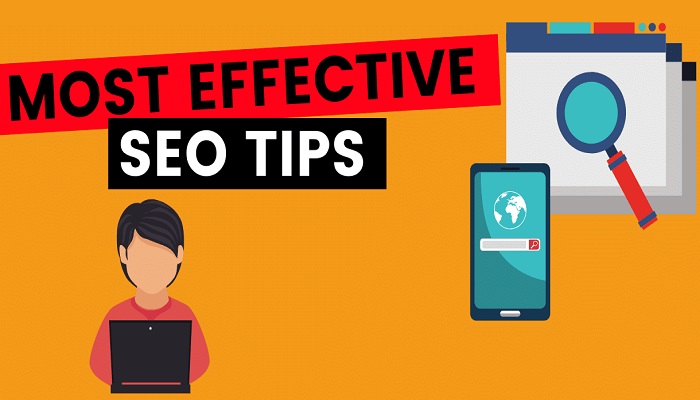Before dropping this post, I observed that almost every blogger uses similar SEO techniques on their blogs. These techniques sometimes are not so effective, especially when they exist on the same keywords.
Now the question is, which are the Best SEO Skills?
When a particular keyword is searched – the search engine considers so many SEO attributes to determine which will be displayed first.
For instance, if “Blog X” and “Blog Y” did the same traditional SEO and had the same keyword on a particular post – which of the blog will the search engine display its post first?
In this post, we shall see other attributes search engines use to determine their first items to display in a competitive search and keywords.
Most Effective SEO Tips
1. Age of your site or blog
It seems so hard to believe, but I must let you know that the age of a website or blog has a significant role to play in optimizing the search engine for that blog site even if no SEO skill is performed on it.
Recent studies have shown that a website that has existed for three years without any SEO techniques – will have more search engine reputation than a site that has existed for one year with an average SEO technique being performed on it – all things being equal.
Sometimes it is not about the SEO you did but how long a blog or its content has been existing on the web.
2. Website loading speed
For effective SEO tips, search engines give preference to websites that load pretty much faster.
I can’t explain why this is so, but make sure your website loads very fast. The average loading time of a website should be about 4 seconds.
If your site takes far more than 4 seconds, then you will have to find a way to resolve it, even if it means changing your host.
3. Server up-time
Server up-time is also among the most effective SEO tips.
When hosting your website, make sure you choose an excellent hosting company that guarantees up to 99% server up-time period.
This is because server downtime problems affect your site rankings in the long run, especially if it happens too often. This all depends on how long your site often goes down.
4. Moderate URLs length
You must not include all page titles or post titles in its URLs, pick only the keywords. We have been told that it is a good SEO practice when post keywords are included in its URL.
It is true, but when the URL gets so lengthy, it will be awful for SEO, doing more harm than good.
5. Content length and updates
Many studies in recent days have proved that lengthier content ranks better in search engines, especially in Google searches.
Not just being long enough, it must be useful and quality too. A minimum of 700 words for each post is expected for good SEO practice. The longer, the better.
In addition to content length, do not just abandon your old content – try to update it at least once in two years, or else your potential competitors will gain better SEO preference over your old posts.
6. Don’t use stop words
For the best and most effective SEO practice, we are expected to avoid the use of Stop Words in post URLs and keywords (use only when it is necessary for keywords).
The stop words should be avoided because the search engines do not recognize them when it is added, search engines ignore them.
To read more on stop words, please follow this link: List of Google Stop Words to Avoid for Best SEO.
7. Number of comments on the post
Blog new comments can be considered as an update on that post by search engine bots. If you can’t update your old blog post at a regular interval, then you will have to enable comments on them, and let the comments perform the update.
Aside from that, comments add up to the post content, giving it a higher quality. If any of your blog comments is linking to any substandard article, or spamming, do not approve such an article.
Also, the number of comments on a particular post helps to boost the post’s online reputation by search engines.
I hope our article on effective search engine optimization assists in building your blog traffic.
RELATED ARTICLES


